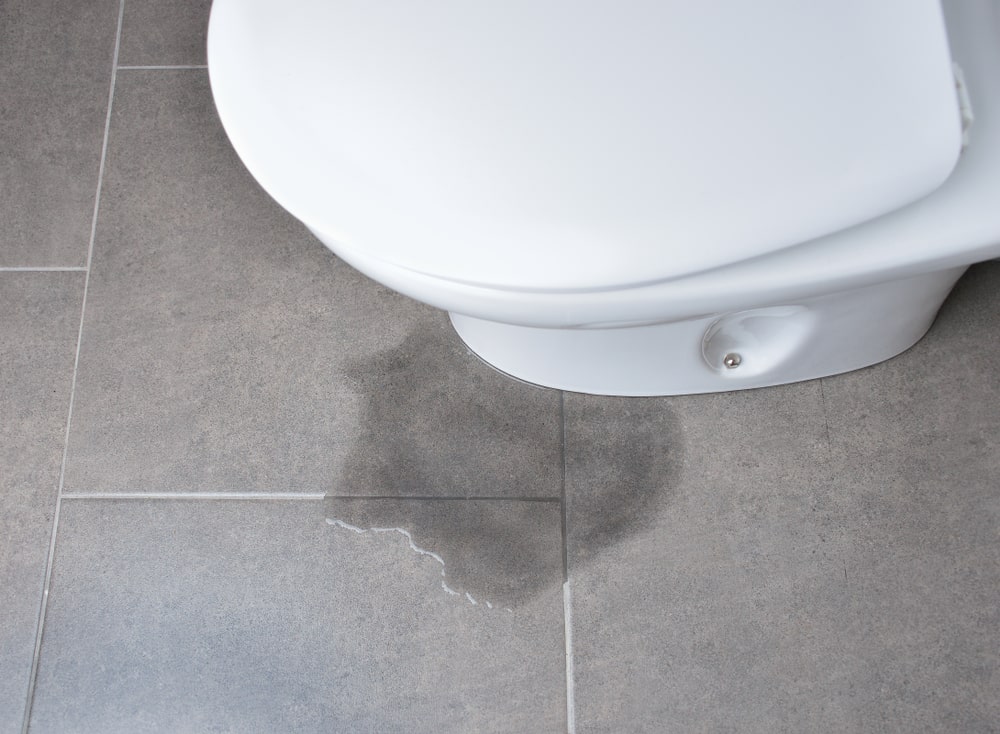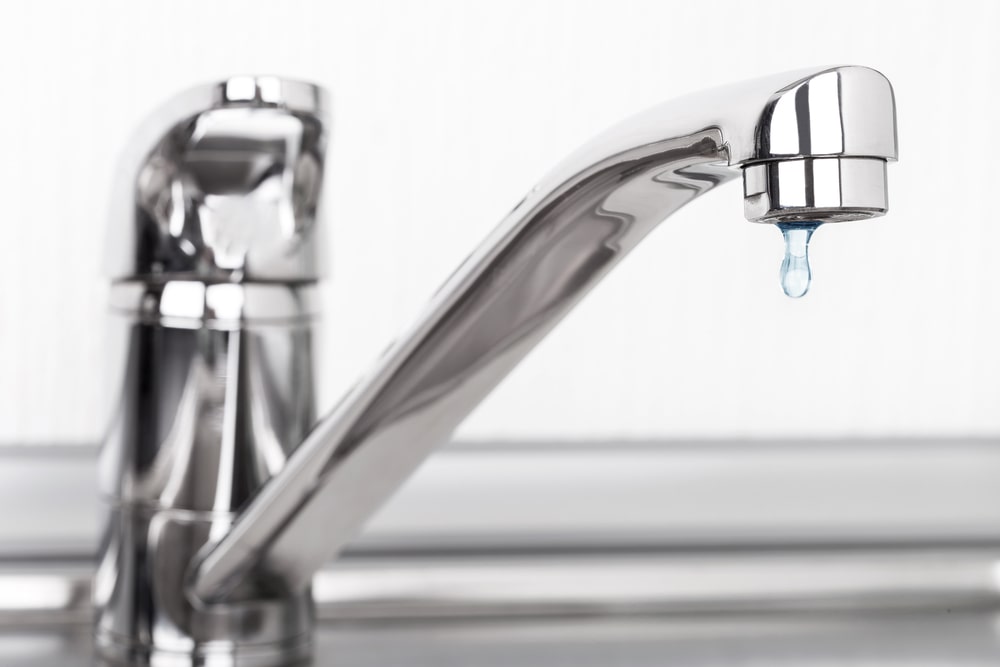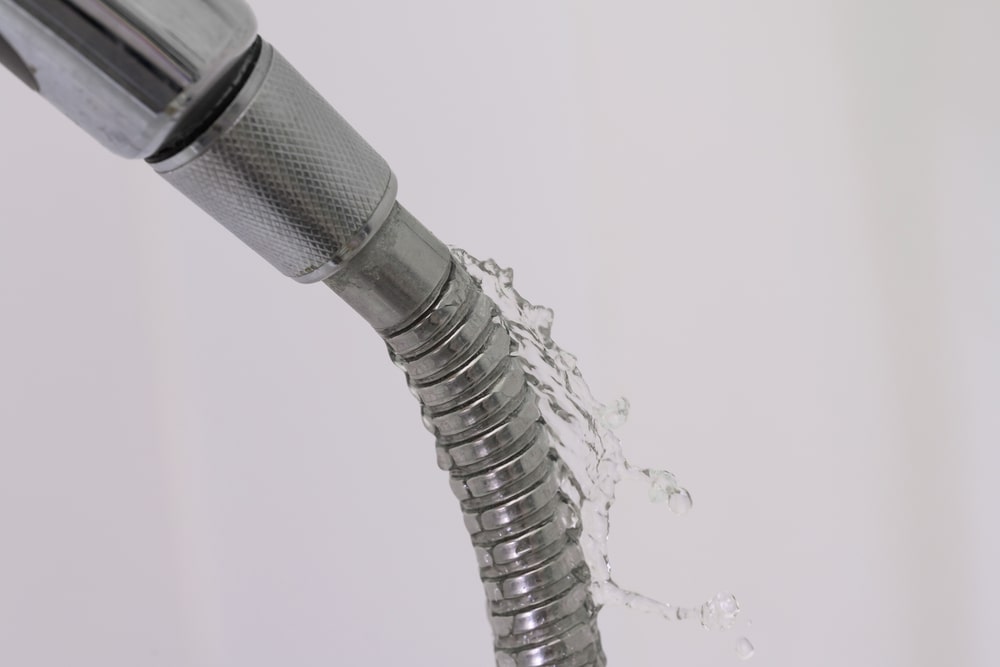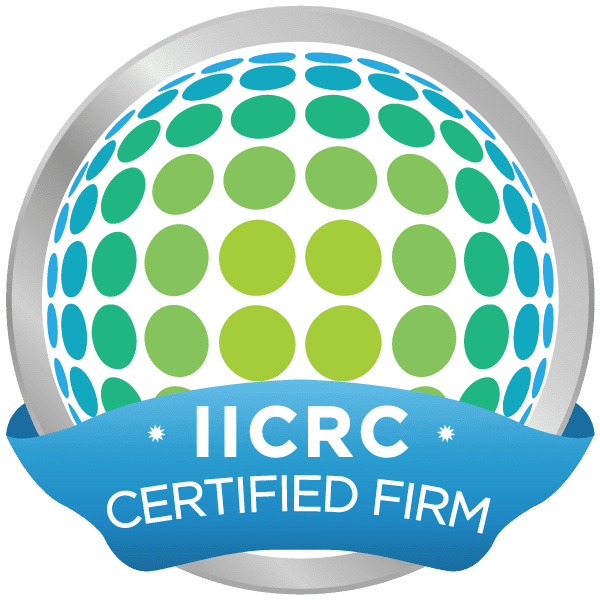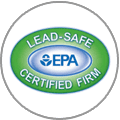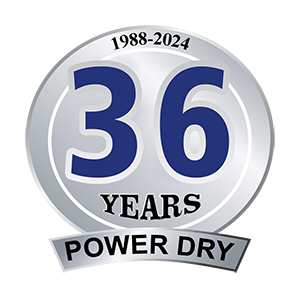Most Common Causes of Household Water Leaks
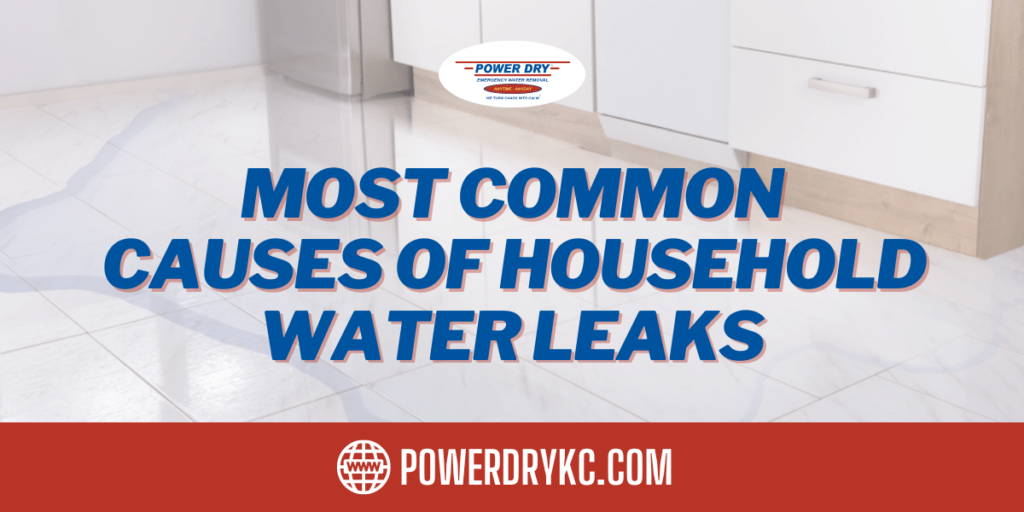
Water leaks are a significant issue for households across America. The EPA estimates that on average, household’s leaks can account for over 10,000 gallons of water wasted each year. That’s the equivalent of 270 loads of laundry. Over time, you’ll start to feel these leaks in your wallet and see the damage they can lead to throughout your home.
While you can’t always avoid the possibility of a leak, you should always act quickly when you know you have one. Unfixed leaks can drip water into several vulnerable areas like under flooring, behind walls and ceilings, and cabinetry. You could face costly replacements and restorations. There are also health risks involved if mold begins growing. Mold can grow and spread on surfaces within 24 hours of a leak, making it important to identify and stop the source right away. Read on to understand where the most common household leaks come from and what you can do about the damage.
10 Most Common Causes of Water Leak
1. Toilet Water Leaks
Toilets can waste a tremendous amount of water without needing to spill any water. How? By allowing water to continue to run after you’ve flushed, your toilet can waste countless gallons into the sewer. You can tell your toilet is experiencing this problem by carefully listening after you flush. If the water is still running, then you should contact a plumbing professional to fix it. Call them sooner rather than later to avoid paying a higher water bill.
2. Broken Seals
Ever wonder how an appliance like your dishwasher keeps water from spilling out? The answer is a rubber sealant placed around the door that creates an airtight seal. When installed correctly, this rubber seal will contain water. However, improper sealing or wear and tear can lead to a broken seal. With nothing to stop the water from escaping, you could have water leaking onto your flooring or behind cabinetry. A broken seal usually just needs to be replaced to fix the issue.
3. Shower Leaks
You might not think much of a dripping showerhead, but over time that wasted water adds up. The EPA estimates that a leaky showerhead that drips at least 10 times per minute can waste up to 500 gallons of water per year. That’s like running your dishwasher 60 times. You may as well be pouring money down the drain (don’t do that). Luckily, you can fix this on your own by replacing the faucet cartridges or washers. If that doesn’t work or if the leak is much larger than anticipated, call your local plumber.
4. Leaky Fixtures
Whether it’s a showerhead or a sink faucet, leaks are wasteful and costly. Drip after drip, your kitchen sink, bathroom faucet, and shower could be wasting up to 90 gallons of water per day, according to the EPA. Most fixture leaks can be handled on your own, except for complex issues that require a plumber. Even if it appears minor, getting these types of water leaks fixed could save you around 10 percent on your water bill.
5. High Water Pressure
Your home’s plumbing system can handle water pressure at a maximum of 80 psi. Nearing or exceeding that limit puts tremendous strain on your plumbing, which may end up causing pipes to crack and leak. Water that escapes your pipes might end up behind walls, under flooring, or seeping into the foundation—all bad situations for you. While you may not have any control over the water pressure in your home, you should consult a plumbing professional about what you can do to help regulate it.
6. Clogged Lines
Does water drain slowly in your home? You could be experiencing a clog in the drain line. At first, it might seem like an inconvenience. But if nothing is done to address it, a clogged line could lead to a pipe burst or overflow. Before a ruptured pipe or overflow can spill gallons of water on your property, call a plumber to get the lines cleared. Addressing it now can save you a lot of stress and costs later on.
7. Hose Leaks
Not all household leaks come from inside the home. Your leaky hose and sprinkler system might be costing you money. A hose leak should be easy to identify and address—you might need to replace it. If the leak is in the sprinkler system, it could be a bit more complicated. It could be in the sprinkler head or the underground line. Contact a professional for help finding and fixing it.
8. Pool and Fountain Leaks
Did you know a pinhole-sized leak in your pool’s plumbing can leak around 970 gallons of water in just a day? The water bill alone would be a nightmare, not to mention the possibility of water reaching your property and causing damage. Keep an eye out for signs of a pool or foundation leak, like loose tiles, cracks in the pool shell, and algae forming too soon after chemical treatment.
9. Damaged Pipe Joints
Pipe joints are one of the most vulnerable areas in your plumbing system. Joints are curved pieces that attach two straight pipes. They redirect water throughout your home. Time and high water pressure can put extra strain on the joints, leading to deterioration. Eventually, they will leak water into various parts of your home and lead to damage.
Listen for ticking or banging sounds from your pipes to identify the issue and call a local plumber for help. If your home experiences water damage as a result, call a professional water damage company to prevent it from worsening.
10. Appliance Seal Leaks
Appliances like your washer machine are especially susceptible to water leaks. The appliance itself could be functioning just fine, but if its seal is damaged or worn, it could allow water to escape. If you see water pooling around appliances like washing machines and dishwashers, you could have a seal leak. A plumber can help you narrow down the exact cause and potentially fix it.
Hire The Professionals for Water Damage Solutions
Protecting your home from water leaks can seem like an impossible task. But you don’t have to do it alone. As soon as you spot water damage from a leak, you should call Power Dry specialists for immediate assistance. Our IICRC-certified team can be on-site within an hour to begin assessing the situation and coming up with a plan to clean, dry, and prevent further damage.
Our team knows the value of addressing water damage quickly. We offer 24/7 emergency services and use state-of-the-art equipment to help mitigate damage and save you from further losses. Homeowners in Kansas City, KS can rely on our expert emergency water extraction services. Call today to receive a free assessment.
